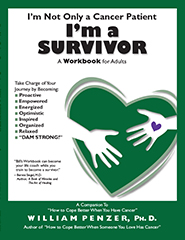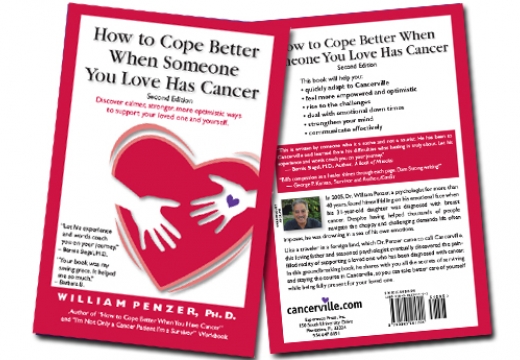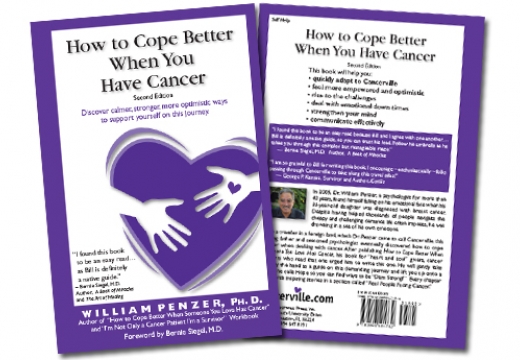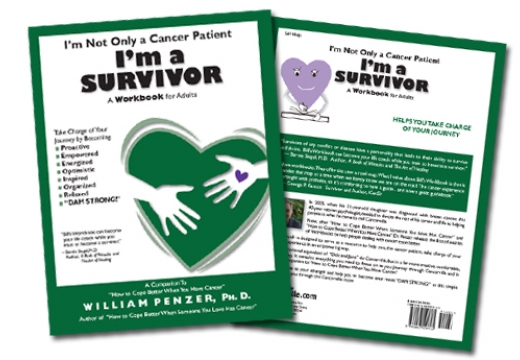 Table of Contents
Table of Contents
Preface
Table of Contents
Introduction
Recommended Resources
PART I: Helpful Ideas from which to Draw Strength
Chapter 1 Organization
Chapter 2 The Origin of “DAM STRONG!”
Chapter 3 The Ingredients of Hope
Chapter 4 Realistic and Unrealistic Optimism
PART II: Helpful Fuel from which to Draw Strength
Chapter 5 Motivation
Chapter 6 Optimization
Chapter 7 Adaptation
PART II: Helpful Tools from which to Draw Strength
Chapter 8 Affirmation
Chapter 9 Inspiration
Chapter 10 Affiliation
Chapter 11 Ventilation
Chapter 12 Perspiration
Chapter 13 Distraction
Chapter 14 Imagination
Chapter 15 Relaxation
Chapter 16 Complementation
Chapter 17 Communication
PART IV: Helpful Encouragements from which to Draw Strength
Chapter 18 Contribution
Chapter 19 Spiritualization
Chapter 20 Finalization
Chapter 21 Summarization
PREFACE
In his Foreword to Ari Tuckman’s, Psy.D., excellent workbook for ADHD adults, renowned psychiatrist Edward A. Hallowell, M.D., reminisces about how as an elementary school student he hated workbooks:
They were invariably boring. And I hate boring. Workbooks all but defined boring. They always had the drabbest, most unimaginative covers, they were flimsily bound always on the verge of falling apart…
Dr. Hallowell, admittedly had as a youth, and still has, attention deficit disorder, which no doubt guided his career specialization as well as his lack of love for workbooks. Of course, he goes on to praise Dr. Tuckman’s workbook as not boring and very helpful, which it is.
Dr. Hallowell’s words tripped some switches for me that took me right back to the early grades of school. Though I was not affected by attentional obstacles, I was a most disinterested student until my junior year of college. Dick and Jane were definitely not my friends. I too shuddered and shut down when the teacher said, “Now open your workbooks to page…”
So, my goal in writing and designing this “workbook” was to make it the opposite of boring or anything like the workbooks of my old days at P.S. 64 in the Bronx, New York. Beyond trying to make it interesting, helpful, and stimulating, there is an important difference between this workbook and the ones that distressed Dr. Hallowell, many others, and myself. In this case, you are not obligated to read or participate in every section of the workbook. You are free to pick and choose those sections, which resonate with your needs, participate in those “activities” that will help and support you, and the best part of all—no grades!
In addition, you may wonder why most chapters start with “tion” words. I decided upon that simply because those words are action words. That is exactly the intent of this book. I want to facilitate your taking action every step of your Cancerville way. The more you are in charge and in control, the better you will feel.
Welcome to my “support workbook” companion to How to Cope Better When You Have Cancer. I believe you, like many, will find both books very interesting and very helpful. And, both are bound together with a small amount of “crazy” glue to prevent them and you from falling apart, and a large amount of caring, sensitivity, and love to help you through your Cancerville journey.
William Penzer, Ph.D.
January 14, 2013
INTRODUCTION
So you’re cruising down life’s highway going as fast as you can, as safely as you can, and doing the best you can. You are studying, and/or working hard, and hopefully playing hard too. You are striving to be a decent person, trying to get ahead, managing your life well, and looking for love in all the right places, and hopefully finding it.
Then, all of a sudden three words completely change your life. It is hard to imagine that is possible—but it is! Instantly, you crash into a brick wall going seventy-miles-per-hour. Someone looks across from you and says, or a voice on the other end of the phone utters these three words: “You Have Cancer.” What my friend Susan called a “mortality pie” hits you right in the face, and throws you and your loved ones into a tizzy. All of your priorities shift in a rapid heartbeat. Your focus fixes upon finding medical help and getting answers to a zillion questions racing through your brain like a bullet train.
You have cancer. It’s funny how three words can stop you in your tracks and send you to a place of uncertainty and confusion. That was my reality when I was told I had cancer at age 34….I know firsthand that cancer is very scary, but I am living proof that you can survive and thrive after cancer. —Darren Newberger
In what seems like a microsecond of time, you have entered the place I call Cancerville. Like being in a foreign land, you will find that it has its own culture, customs, language, and technology, amid a variety of confusions and overwhelmtions. It is a place like no other I have been to, which I entered by proxy when my thirty-one-year-old daughter was diagnosed with breast cancer in 2005. She is doing fine and I will share her inspiring story as we go along.
My hope and prayer is that you will do well too. There is no denying that it will take you a while to get the lay of the Cancerville land, and to get past the shock and awful feelings these three words provoke. Most people find it difficult, initially, to believe that they have cancer. Cancer is what other people get—not you! Acceptance of that most disconcerting idea takes some time. The sooner you accept it, the faster you can move forward—and moving forward is key to your taking charge.
Most important is that you learn to take on Cancerville full tilt. The stronger and more positive you can be, the easier will be your journey—not easy—but easier. For some people I’ve met, being positive and optimistic comes naturally. They enter Cancerville and ride through it on the horse I call Hope. For others, myself included, it takes much effort and multiple attitude adjustments. It takes a while till we can mount that strong and beautiful horse.
I was raised to be “Chicken Little” by parents obsessed with ever-falling graying skies that quickly turned black. As a result, when our daughter was diagnosed, I was beside myself. This strong, experienced lifeguard on the emotional beach, used to helping people navigate the choppy waters of life, was totally drowning in those very waters.
It took time for me to get a handle on coping in Cancerville, and it took some work too. I used a daily diary, entered counseling, and talked to my self nonstop, like a filibusterer in the Senate. Eventually, I not only learned to cope, but was able to write a book, How to Cope Better When Someone You Love Has Cancer to help other “heart and soul givers” do the same. I wrote the book I needed to read that difficult day at Memorial Sloan-Kettering Cancer Center.
It was never my intention to write a book for the cancer patient. However, cancer patients who read the book for the “heart and soul givers” said that it helped them even though they were not the intended audience. They convinced me to write a book for the patient that paralleled the first book. That birthed How to Cope Better When You Have Cancer. In preparing to write that book, I spoke to many people who had been to Cancerville. I learned a great deal from them. Here are the common threads of their experiences that they shared. They:
- Took charge as best they could
- Found ways to feel “in control” given that Cancerville can often feel quite out of control
- Were strategic, organized, motivated, and optimistic
- Took actions of all kinds
- Got back up on the Hope horse quickly, whenever they fell off
This workbook is intended to help you do all of that and more in a structured fashion. It is different in depth and scope from my previous Cancerville books, but it still encourages you to play an active role, and engage in a variety of activities intended to help you manage Cancerville in every way possible. Given that your time is quite limited in Cancerville, this workbook offers you an efficient and effective one-stop place to organize, energize, mobilize, and revitalize your Cancerville journey.
I believe some people will save their workbooks as a record of their experiences, and look back at it periodically. Others, I think, will burn it or throw it away, as another way of putting distance between themselves and Cancerville. I leave that choice to you. Important is that it helps you as you move through Cancerville, and I am very confident that it will. It is undeniable that reading How to Cope Better When You Have Cancer and using this workbook, together make for a very empowering support net. Toward that “DAM STRONG!” journey (see Chapter 2), I wish you well.
Your new Cancerville friend,
Bill






 Table of Contents
Table of Contents